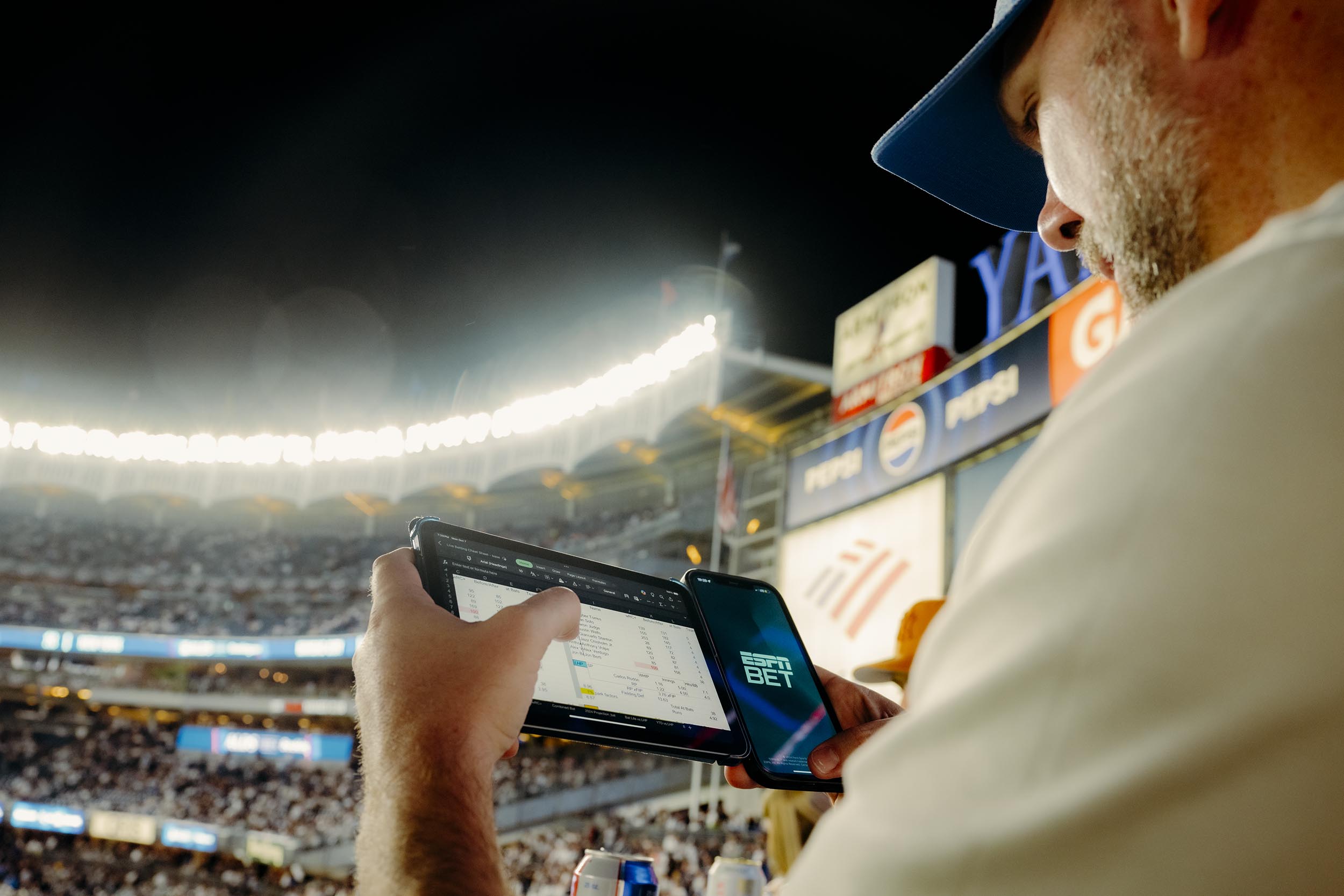
Is the House still ahead? Recent updates on Las Vegas tourism haven’t been encouraging, as the city has experienced declines in visitors, hotel room occupancy, and convention bookings in September compared to the same month last year. Could this downturn be attributed to Trump’s policies deterring international tourists, rising prices for coffee and cocktails, or a societal shift towards online gambling and sports betting?
We consulted with Alan Feldman, the Director of Strategic Initiatives for UNLV’s International Gaming Institute, regarding the matter. Feldman, a seasoned professional in the gambling sector focused on responsible gaming initiatives, believes the downturn is temporary, pointing out that the third quarter is typically slow for Las Vegas. While he recognizes the troubling statistics, he views them as not exclusive to Vegas. Feldman also perceives the rise of online casinos and the growing legalization of sports betting as advantageous, rather than detrimental, to the city — here’s why:
Online gaming now represents 30 percent of all commercial gaming revenue, an increase from 13 percent in 2021. There has been extensive discussion about the weakening Vegas economy — is online gaming playing a role in that?
The “softening in the economy” is cyclical, seasonal, and not uncommon. July, August, and the third quarter are generally the slowest periods of the year. There has been a nationwide drop in tourism that has affected every market, and Las Vegas has not suffered more than others.
Nonetheless, the effect of sports betting across the nation has had no adverse impact on Las Vegas, except for encouraging some individuals, now that sports betting is legal in their home state, to visit Vegas. Companies here are key players; MGM is likely the largest, Caesars is also engaged, and Penn is in the mix. With their sports betting applications, they can promote their properties not just in Las Vegas, but anywhere. Therefore, the expansion of legal online gaming and sports betting has been, at worst, neutral; it hasn’t resulted in an increase for every single organization, but now we have FanDuel sportsbooks and DraftKing sportsbooks in certain independent hotels.
I would challenge anyone talking about the remarkable growth of sports gambling; the only quantifiable growth since 2018 is in legalized sports gambling. We do not know if Vegas controls 20 percent or 80 percent of the sports gambling market. It certainly is not at 100 percent. Many are still used to relying on a bookie. Additionally, there is an undisclosed amount of gambling that takes place among friends. Sports betting has been widespread; it just wasn’t apparent. I am not suggesting we overlook it. It does make a difference — we are now legitimizing behavior that has been around for decades, even centuries. The Mayans participated in sporting events that included betting thousands of years ago.
Do you perceive a distinction between the expansion of legalized sports gaming and individuals playing blackjack or poker in an online casino?
Yes, they are different. Sports bettors usually engage in various activities; they are likely to play poker online or with companions. It wouldn’t be surprising if they occasionally visit an online casino. Those drawn to online casinos may or may not be sports bettors, and I haven’t observed a thorough analysis of the interconnections.
I assume companies in the online gaming realm prefer in-person gamblers so they can also spend on food, entertainment, and hotel accommodations.
I don’t believe they favor one over the other. They support access to both; they want to be included in activities within a specific market. MGM’s CEO has noted a significant rise in visitors to Las Vegas who became interested in the destination through online gaming. MGM, in particular, is doing something intriguing; they have a television studio at the MGM Grand, broadcasting gambling into foreign markets where it is legal. These are individuals in other nations attempting to capture a piece of the Vegas experience, and when they travel, Vegas is likely on their itinerary. It’s not guaranteed, but it serves as a nice introduction to the concept of in-person gaming.
The investment in the studios — is that the reason why large casino operators such as MGM and Caesars don’t permit YouTubers to film at their venues?
We have been investigating slot influencers and their influence. A student, backed by ESPN, is researching online sports betting influencers — who they are, how to categorize them, the information they share, and its impact. The verdict is still pending. There are likely compliance concerns about endorsing a casino from within. Regulatory matters are also a worry for companies like MGM and Caesars.
So, casino operators aren’t alarmed by the rise of legalized sports gambling?
If you put five gaming company CEOs in a room and pose a question, you’ll receive six different responses. I can’t state that all gaming companies are unconcerned. Those with a wider business model beyond mere gambling revenue view online gambling, be it sports-only or online casino, as a method to enhance the experience for someone at home. Online players will have accumulated loyalty points and will plan a trip to Vegas to redeem them. For those companies, there is broad and enthusiastic acceptance. In Reno, you would hear a different narrative.
Why is that?
Casino operators in Reno feel besieged from all angles. The expansion of tribal gaming in California and online gaming in which they are not part is a concern.